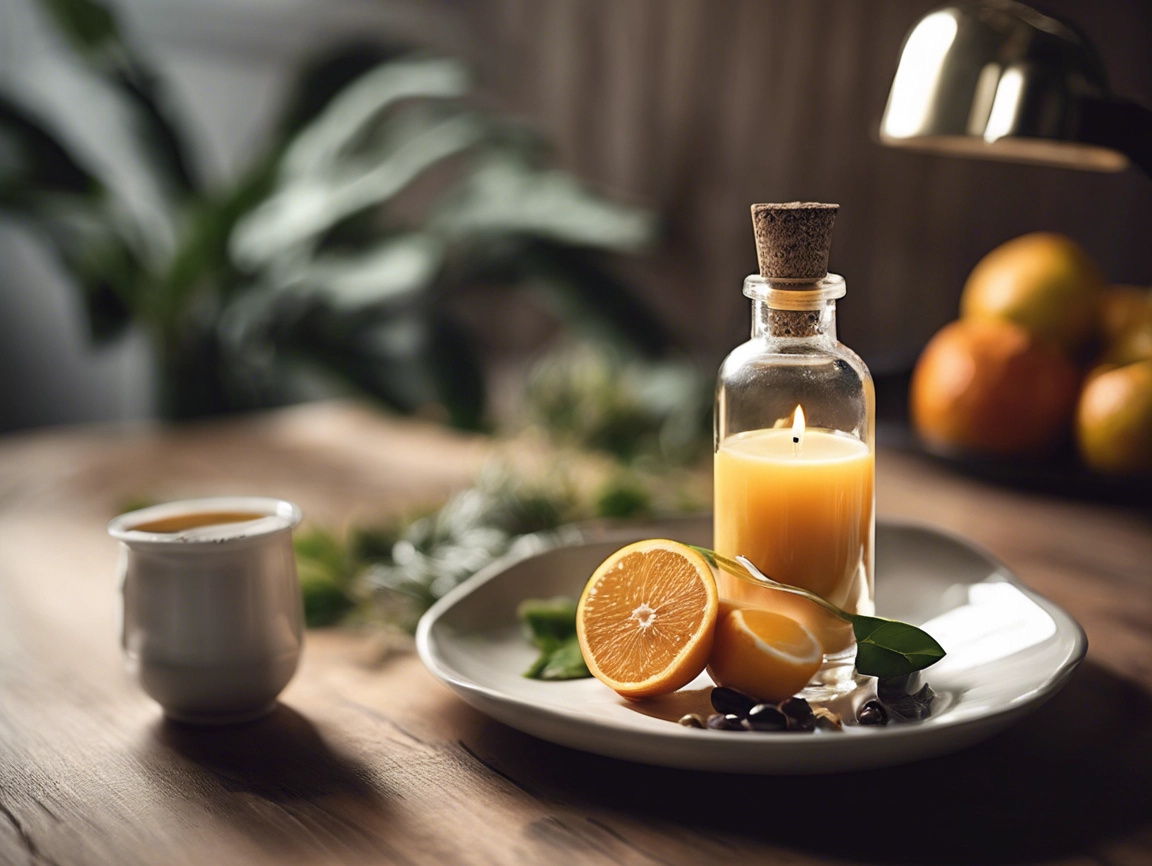SKIN TYPES:
Knowing what your skin kind is is vital as a result of most products facilitate with sure skin sorts.
Skincare brands usually have completely different product lines for the various skin types and if you are using one thing not meant for your skin type, there is a high probability you will not
see any result or your skin can worsen.
Things like your health, your age, the season, the temperature, your environment, genetics, and certain illnesses will have an impact on your skin and possibly make it change over time.
The most common kinds of skin are normal, dry, oily, combination and sensitive.
NORMAL SKIN
If you’ve got normal skin, your skin is not oily nor dry.
Your skin contains a sensible balance of moisture, small pores and has an even tone.
You don’t tend to have many skin problems and if you do, they’re fairly easy to get rid of.
Most people attempt to possess normal skin, therefore, you are terribly lucky if this is your skin type!
HOW CAN YOU HELP NORMAL SKIN?
To maintain the condition of your skin, you should minimize its sun exposure and try sunscreen facials with an SPF of at least 30 to prevent wrinkles or damage from the sun.
The products you utilize should not feel super greasy and you must avoid products that cause excessive dryness.
Luckily, normal skin needs the smallest {amount} amount of maintenance however you must still sustain with a regular skin routine.
Note that normal skin doesn’t mean good skin. You will still contend with occasional blemishes and breakouts.
DRY SKIN
If you’ve got dry skin your skin can feel tight throughout the day and there may be a small amount of visible flaking.
It does not produce enough natural moisture (it does not produce an ample surface barrier to lock in moisture) and typically severely dry skin will be restless and painful and lead
to a skin condition known as eczema (which is not really that unhealthy, I do know from current expertise.)
HOW CAN YOU HELP DRY SKIN?
To help dry skin you must use a delicate, soap-free cleanser and moisturize often.
Moisturizing is very vital, as I said, dry skin doesn’t have enough natural moisture.
Make certain to check the moisturizer on a little part of your skin to make sure it will not offer you a reaction as those with dry skin tend to suffer from slight allergic reactions.
You should avoid harsh cleansers and avoid taking long, hot showers as well.
There is a great deal of additional info with references to dry skin thus I could have a separate article on that later.
OILY SKIN
If you’ve got oily skin you most likely struggle most with skin problems, such as breakouts.
Your skin produces a much higher quantity of oil (sebum) and it clogs your pores, causing them to become larger and additionally more visible.
Your skin will appear more shiny and greasy throughout the day, particularly within the T-zone thanks to all the oil glands in your forehead, nose, and chin.
It’s caused by pubescence and hormones largely, and that’s why acne is most common in teenagers.
HOW CAN YOU HELP OILY SKIN?
To help oily skin you must use a cream that’s created for the face and is oil-free to assist in cutting back the exposure of ultraviolet light rays.
You should additionally gently exfoliate your skin as a result of the buildup of oil will most probably cause dead skin cells to become stuck in your pores that result in breakouts.
You can use salicylic acid however provided that you’ve got moderate skin problems. You don’t want to use this for every little pimple you get.
COMBINATION SKIN
If you’ve got combination skin meaning you’ve got a mixture of 2 completely different skin types.
Typically, it’s dry on your cheeks and oily on your T-zone however it may be completely different.
Because you’ve got 2 kinds of skin, you have to find products suitable for every skin type so you can treat them at the same time.
HOW CAN YOU HELP COMBINATION SKIN?
Although combination skin is the most typical skin type, it’s pretty difficult to treat.
You should use products with natural ingredients and avoid the ones with fragrance since the natural products will soothe the skin and calm redness and mistreatment products containing chemically created fragrances can dry out the skin.
You should additionally exfoliate your skin and use multiple moisturizers.
SENSITIVE SKIN
If you’ve got sensitive skin your skin has a bunch of redness and irritation.
You tend to react poorly to products, especially ones with fragrances.
It will be confusing because your skin might need traits of dry, combination or oily skin even though it classifies as sensitive.
HOW CAN YOU HELP SENSITIVE SKIN?
To help sensitive skin you must avoid chemical-based products.
It’s also vital to settle on natural products for your skin to avoid reactions.
You should additionally use a delicate, cream-based moisturizer which will help lock in moisture.
WAYS TO DETERMINE YOUR SKIN TYPE:
Sometimes just hearing the characteristics of skin types is not enough to understand precisely which skin type is yours.
There are some techniques you’ll be able to attempt to see what style of skin you’ve got.
THE BARE-FACED METHOD:
The first factor you would like to try to do is deep cleanse your face and leave it without any skincare products for around an hour.
Then look at and touch your skin. How does it look? How does it feel?
- If it’s shiny and greasy you presumably have oily skin.
- If it feels oily on the T-zone solely then you possibly have combination skin.
- If it feels tight and appears slightly flaky, you most likely have dry skin.
- If nothing significant happened then you may have normal skin.
Here are some great options when looking for a foundation for your skin type:




